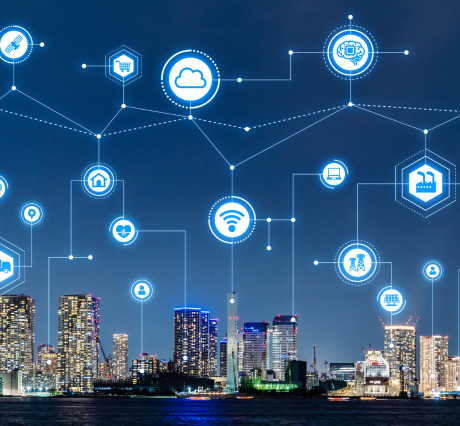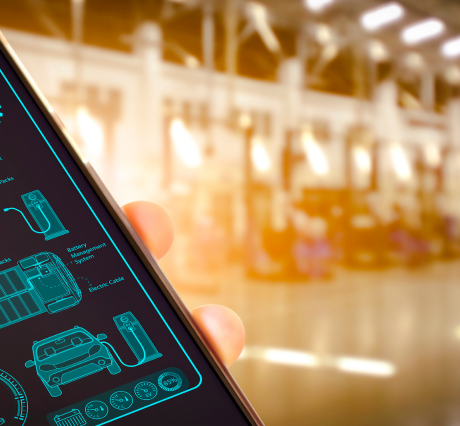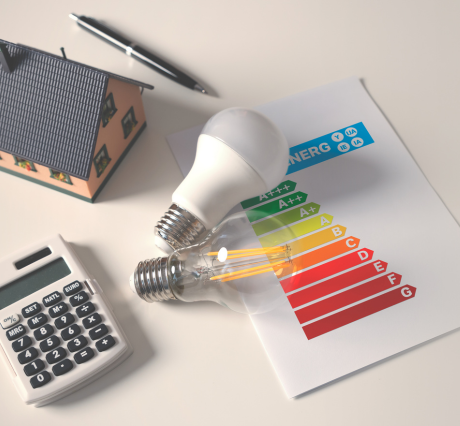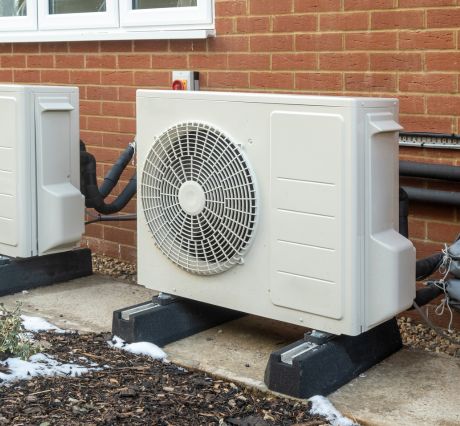The Future of Smart Commercial Spaces
The landscape of commercial spaces is evolving. At the heart of this transformation is the integration of smart commercial spaces. This blog explores the synergy between HVAC and electrical systems, guided by experienced maintenance teams, and how it can propel commercial spaces into new realms of efficiency and innovation.
The Rise of Smart Building Technologies
Smart building technologies, encompassing intelligent HVAC systems to interconnected electrical grids, are gaining widespread adoption. According to McKinsey & Company, the global market for smart buildings is projected to reach a staggering $10.2 trillion by 2025. This underscores the transformative power of these technologies and their integral role in the future of commercial spaces.
Maximizing Efficiency through Automation
Automation is a cornerstone of smart building technologies, providing unparalleled control and adaptability. Our teams leverage automation to synchronize HVAC and electrical systems, ensuring seamless communication and responsiveness to changing conditions. A study published in the Building and Environment Journal supports this, highlighting a 20-30% reduction in energy consumption through automated systems.
Remote Monitoring and Predictive Maintenance
Remote monitoring and predictive maintenance are hallmarks of smart buildings. By continuously monitoring HVAC and electrical systems, our teams identify potential issues before they escalate, minimizing downtime and preventing costly repairs.
Realizing the Benefits: Case Studies in Smart Building Integration
Case studies exemplify the benefits of smart building integration. In a recent project, upgrading a commercial space with advanced HVAC and electrical systems resulted in a 15% decrease in overall energy consumption and a 25% improvement in operational efficiency. This echoes findings from a research paper in the Energy and Buildings Journal, showcasing the positive impact of smart building technologies on energy performance.
The Role of Artificial Intelligence (AI) in Smart Buildings
Artificial Intelligence (AI) is a driving force behind the intelligence of smart buildings. By leveraging machine learning algorithms, HVAC and electrical systems can adapt to changing usage patterns, further optimizing energy consumption. An article in Forbes emphasizes the transformative role of AI in creating self-learning, energy-efficient buildings.
Cybersecurity Considerations in Smart Buildings
As smart buildings become more connected, cybersecurity becomes a crucial consideration. Protecting HVAC and electrical systems from cyber threats is imperative for the overall security of commercial spaces.
The Impact on Workplace Productivity
Beyond energy efficiency, smart building technologies contribute to enhanced workplace productivity. Intelligent lighting, climate control, and workspace customization create a more comfortable and conducive environment, positively affecting employee well-being and performance.
Smart Commercial spaces: What does your future hold?
The future of commercial spaces is undeniably smart, and the integration of HVAC and electrical systems is at the forefront of this transformation. Guided by experienced maintenance teams, businesses can not only embrace innovation but also reap the rewards of increased efficiency, sustainability, and overall workplace well-being. To find out how Brooktech can help to prepare you in your effort to create smart commercial spaces contact us today.










